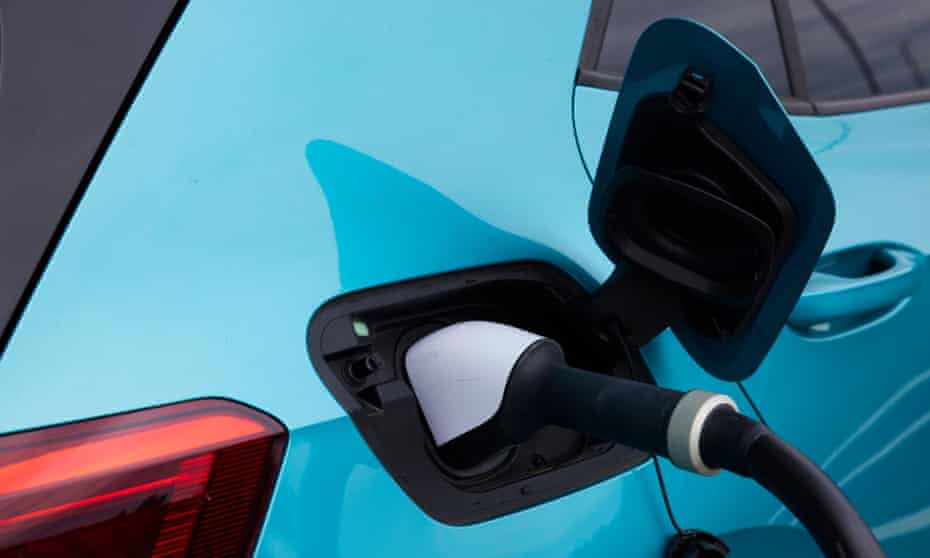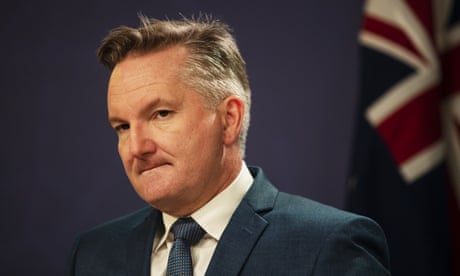Exclusive: state budget funds to go towards boosting number of charging points in apartment blocks and on streets.

Mon 20 Jun 2022 03.30 AEST
Last modified on Mon 20 Jun 2022 03.31 AESTThe extra funds, to be unveiled in Tuesday’s budget, will bring to $633m the money being spent on NSW’s strategy aimed at ensuring half of all car sales by 2030-31 are electric.
The new money includes $10m to co-fund upgrades in about 125 medium and large apartment blocks with more than 100 car parking spaces so charging points can be installed. A similar amount will be set aside to co-finance 500 kerbside charge points in residential streets where off-street parking – and charging opportunities – are limited.
The remaining $18m will go on additional grants to increase and quicken the rollout of fast-charge stations. High-density urban areas that now have four charging points will get at least eight.
“Rolling out extra chargers will allow more EV drivers to benefit from their cheaper running costs and a cleaner, quieter and more sustainable road network,” Matt Kean, the NSW treasurer and energy minister, said.
The government claims the state’s EV strategy is the largest of its kind in the country. The funding includes a $3,000 rebate and stamp duty waivers for eligible new EV purchases, and $149m to support private industry to install ultra-fast charging sites.
Behyad Jafari, the CEO of the Electric Vehicle Council, said the extra funding was for “very smart, targeted additional measures” that would enable more households without garages to enter the EV market. “Quite a few states are doing a reasonably good job but nobody’s coming up to competing with NSW,” he said.
Jafari, who said his council had been working with the government on the plans, said the challenge was to broaden the market beyond “self-selecting” owners.

“If they have charging at home, they’re buying electric vehicles,” he said. “Too many people are not buying electric vehicles because they’re not sure what the solution will be there for them.”
While the spending for charges at 125 buildings would only assist a tiny portion of the overall market, the investment would allow a nascent industry to develop rapidly. “It’s being able to entice enough of them to get the ball rolling so that people learn how this system works,” Jafari said.
NSW would also be looking to introduce more roadside charging, such as installing outlets into power poles – as is being introduced in the UK and elsewhere.
“Let’s give it a quick jumpstart so that we get some of those solutions starting to be rolled out here as well,” Jafari said.
Soaring prices for petrol and diesel have lately prompted a spike in demand for electric cars, extending the typical wait time for deliveries out to 12 months.
The Albanese government is likely to improve better coordination with the states that are encouraging EV take-up, Jafari said.
“The worst sin of the previous government was [not] really doing bad things – just doing nothing,” he said. Now, “we are starting to see that the change”.
No comments:
Post a Comment